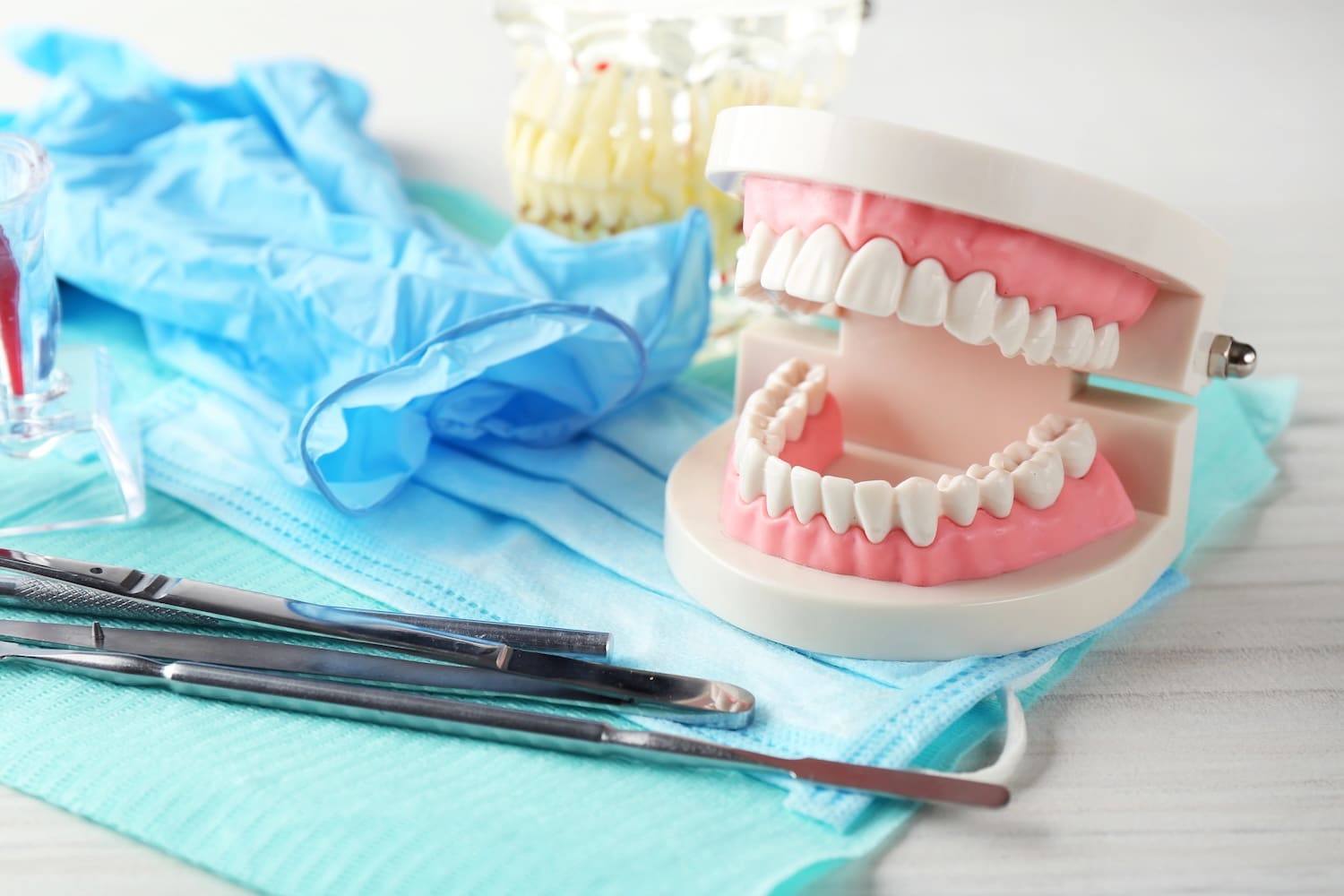In the new proposed Budget 2024, the federal government has suggested a change to the Income Tax Act, set to take effect on June 25, 2024. This amendment will increase the inclusion rate for capital gains if it’s passed.
For corporations and trusts, the inclusion rate on all capital gains will rise from one-half to two-thirds. For individuals, the inclusion rate will also increase to two-thirds, but only for annual capital gains exceeding $250,000; gains up to this threshold will continue to be taxed at the current rate of one-half. Dentists and dental practice owners would be able to access this exemption as individuals, allowing them to benefit from the lower inclusion rate for capital gains to that limit of $250,000.
While the government expects only 0.13% of Canadians with an average income of $1.4 million to pay more personal income tax as a result of this change, dentists and dental practice owners may be impacted if they sell property or otherwise trigger capital gains.
Table of Contents
ToggleWhat are Capital Gains?
Capital gains are the profits you earn when you sell an asset for more than you paid for it. These gains are only realized when you actually sell the asset, and they’re different from income like dividends or interest. Assets that can generate capital gains include stocks and real estate, such as a dental practice property. The amount of capital gains is taxable.
Principal Residence Exemption
The exemption for capital gains from the sale of a principal residence will continue. Typically, you need to have lived in the home, as your primary residence, for at least a year, although there are some exceptions, including if there was a major life change, such as a death or divorce.
However, secondary properties, including cabins and recreational properties or rental/investment properties would be impacted, so dentists with these types of properties need to be aware of the changes.
Lifetime Exemption
The current lifetime capital gains exemption allows up to $1,016,836 on the sale of small business shares to be exempt from taxation; Budget 2024 plans to increase this amount to $1.25 million effective June 25, 2024. It also proposes to index the new limit to inflation in the future. This increase can be leveraged to help reduce any increase that the increased capital gains inclusion rate may cause, but it’s important to make sure the exemption is used correctly and to its fullest potential.
To qualify for this exemption, your dental practice must be a small business corporation at the time of the sale, and the sale must involve shares, so dental practices structured as sole proprietorships and partnerships do not qualify. Over 50% of the practice’s assets must have been used in an active Canadian business for at least 24 months before the sale. Other requirements and restrictions also apply.
Note on the Canadian Entrepreneurs’ Incentive
A Canadian Entrepreneurs’ Incentive was proposed, to reduce the inclusion rate to 33.3% on a lifetime maximum of $2 million in eligible capital gains. It is important to note, however, that while this applies to small businesses, owners of professional corporations, including dental practice owners, will not be eligible for this incentive.

Strategies
If the proposed increase to the capital gains inclusion rate goes ahead, it will be more important than ever to leverage the lifetime exemption and other options.
For dentists and dental practice owners, leveraging capital gains exemptions and minimizing tax liabilities requires strategic planning. Incorporating the practice can impact capital gains and provide avenues for tax reduction. Timing any sales of shares strategically, while aligning with personal and business financial needs, allows for the effective use of the Lifetime Capital Gains Exemption. Planning the sale during periods of low income or offsetting gains with capital losses minimizes tax obligations, as this coordination of sales when you are otherwise in lower tax brackets can reduce your tax liabilities on gains.
Investing for long-term growth and using tax-efficient accounts ensure maximum returns while minimizing tax liabilities – and help you avoid using some of the amounts available under exemption limits.
Overall, a careful strategy to leverage exemptions and minimize triggering capital gains unnecessarily is crucial, especially if the new increased capital gains inclusion rate goes ahead. Dentists need to take advantage of expanded exemption limits and conduct proactive tax planning to counteract any impacts from the increased capital gains inclusion rate. Working with expert tax advisors like the ones at DentalTax is essential not just to make sure you are complying with new rules, but to develop strategies that align with your financial goals that take into consideration these changing rules. Effective tax planning can help you minimize negative impacts, ensuring you keep more of your earnings by reducing your tax liabilities.
Adam has an MBA from the Richard Ivey School of Business in London and also holds a Chartered Investment Manager designation.
- 2026 Tax Changes Affecting Canadian Dentists - January 5, 2026
- Financial Metrics Every Dental Practice Should Track - December 22, 2025
- Buying vs. Starting a Dental Practice: Financial Comparison - December 11, 2025




